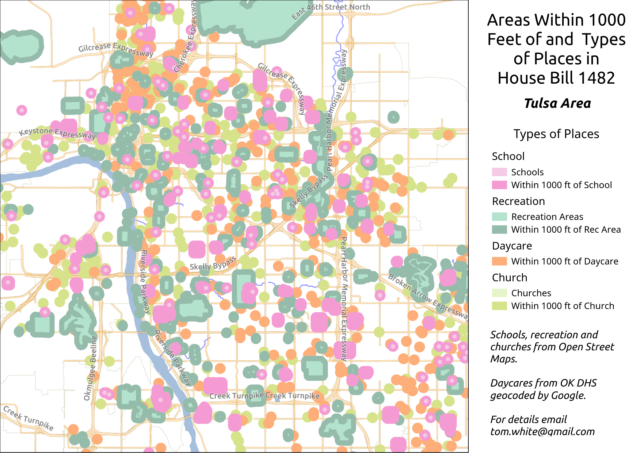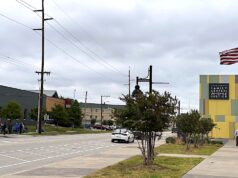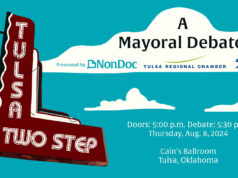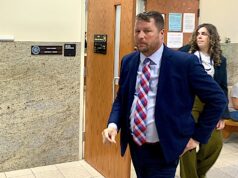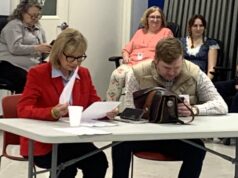
Last Monday, NonDoc published an editorial about Rep. Scott Biggs’ (R-Chickasha) contentious piece of legislation, HB 1482.
The bill would essentially make simple drug possession a possible felony if individuals are busted within 1,000 feet of daycares, schools, colleges, churches, parks and several other public spaces.
Oklahomans for Criminal Justice Reform (OCJR) provided a map graphic that we used to accompany the editorial. The map draws upon U.S. Census and other data to create a visualization of the areas of Oklahoma City that would be affected if HB 1482 eventually passes and becomes law.
Code for Tulsa gets crackin’
On Wednesday, Tom White with the Code for Tulsa group contacted NonDoc asking about the source data for the image. Code for Tulsa includes computer and marketing professionals as well as social advocates who seek to make Tulsa “a better place to live, work, and play,” according to the organization’s Facebook page.
After a few email exchanges, White eventually sent NonDoc a Tulsa version of OCJR’s map, which White created using data from OpenStreetMap and daycare locations as provided by the Oklahoma Department of Human Services.
Now we’re posting it for the benefit of our readers in the Tulsa area.
Subverting the will of the people
At the heart of the controversy surrounding Biggs’ bill is the fact that it contradicts the intent of SQ 780 and 781, two criminal justice reform measures that voters approved in November. In passing those state questions, which reduce some simple drug possession charges from felonies to misdemeanors (and directing supposed savings to diversion/treatment programs), the citizenry signaled a desire to reduce some of Oklahoma’s nation-leading incarceration rates.
As both maps illustrate, the areas under HB 1482 in which a person could be charged with a felony for simple possession would cover a significant portion of the most densely populated areas in each location. To that end, HB 1482 would likely result in more felonious charges and, subsequently, more incarcerations, which directly contradicts the passage of SQs 780 and 781.








